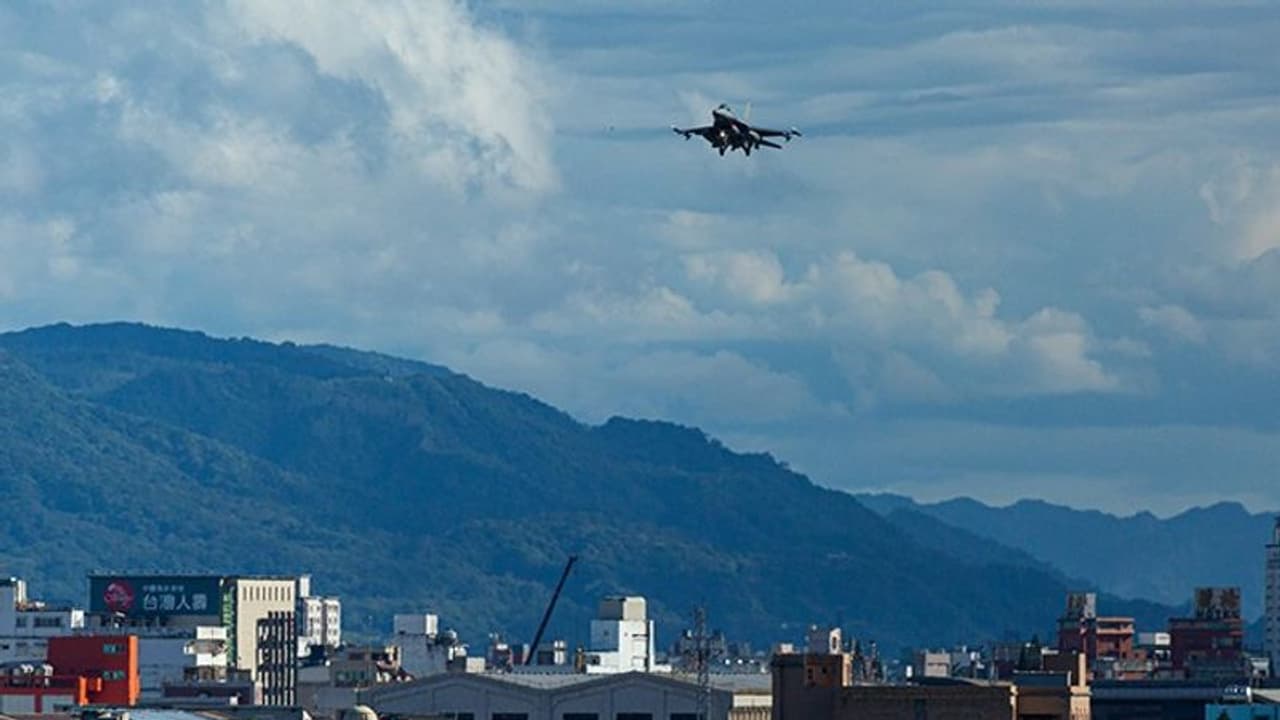In its first reaction to the Taiwan crisis, India on Friday said it is concerned over the developments and called for avoiding unilateral action to change the status quo in the region.
New Delhi: Amidst ongoing tension between China and Taiwan, which began after US House Speaker Nancy Pelosi's visit to the island about two weeks back, India, for the first time, reacted to the crisis and called for avoiding unilateral action to change the status quo in the region.

During the weekly press briefing, foreign ministry spokesperson Arindam Bagchi said: "Like many other countries, India is also concerned about the recent developments. We urge the exercise of restraint, avoidance of unilateral actions to change the status quo, de-escalation of tensions and efforts to maintain peace and stability in the region."
"India's relevant policies are well-known and consistent. They do not require reiteration," he said.
Also read: China simulates Taiwan attack, conducts close-in missions
Last year, MoS for External Affairs V. Muraleedharan informed Parliament that the government's policy on Taiwan is clear and consistent, and it is focused on promoting interactions in areas of trade, investment and tourism, among others.
In reply to a question in Rajya Sabha, the minister had said that India doesn't have formal diplomatic relations with Taiwan, but both sides have trade and people-to-people ties.
It needs to be mentioned that China has been claiming Taiwan as its own territory.
What is the 'One China' policy
One China's policy means there is only one Chinese government.
The United States has recognised the One China Policy since the 1970s, and it has formal relations with China rather than Taiwan.
It was signed during President Jimmy Carter's regime in 1979.
As per the policy, the people of the United States will maintain cultural, commercial, and other unofficial relations with the people of Taiwan.
Also read: China escalates tensions in Taiwan Strait, 5 missiles land in Japan's waters
India's stand on 'One China' policy
For India, the 'One China' Policy is not only confined to just Taiwan but also Tibet.
India doesn't recognise Taiwan or any Tibetan authority as independent of China.
After 2010, India stopped recognising the One China policy after then-Chinese president Wen Jiabao's visit. The Chinese administration had started giving 'stapled visas' for residents of Jammu and Kashmir travelling to China.
As of now, New Delhi doesn't have any diplomatic relations with the island of Taiwan, but it has a working office in Taipei for diplomatic functions known as India Taipei Association, and Taiwan has the Taipei Economic and Cultural Centre in New Delhi.
These offices were established in 1995.
